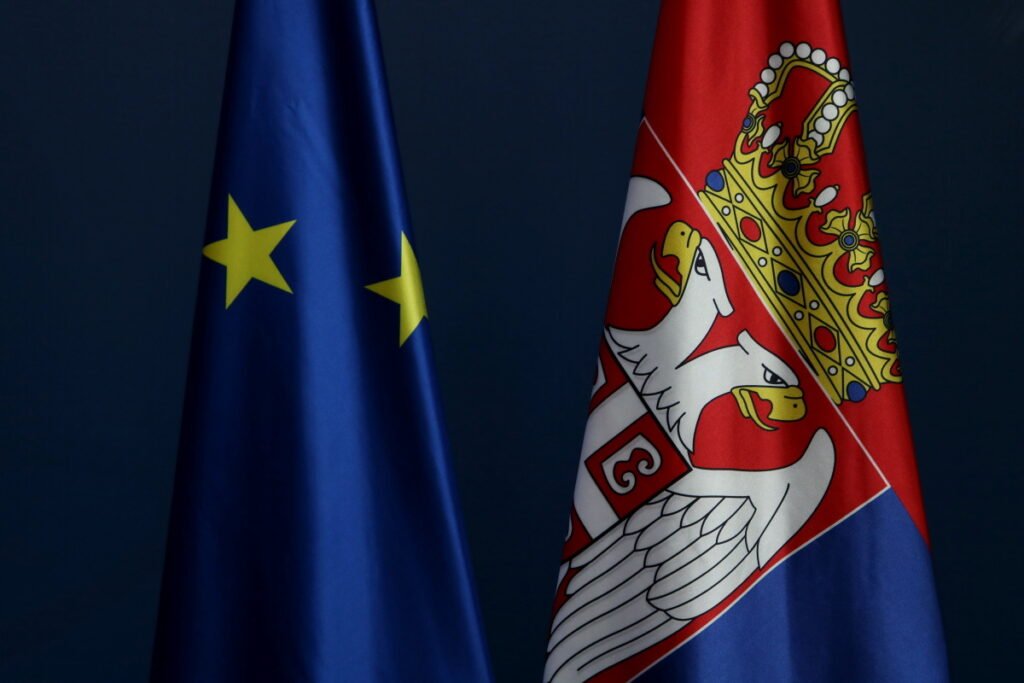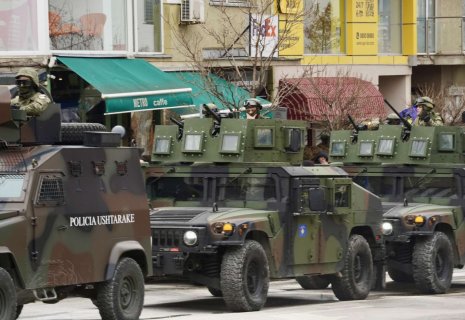
Importance of Serbia for Europe
As a historically rich country located at the crossroads of Central and Southeast Europe, Serbia has emerged as a significant player in the European landscape, influencing both regional dynamics and broader European policy. In recent years, the nation's strategic importance has been underscored by its geopolitical location, historical context, cultural contributions, and economic potential. This article explores the multifaceted importance of Serbia for Europe today, CE Report reports.
Geopolitical Significance
Serbia occupies a central position in the Balkan Peninsula, serving as a bridge between Eastern and Western Europe. This geographical advantage makes Serbia a critical player in regional stability, as it facilitates the flow of goods, people, and ideas across the continent. As Europe grapples with various challenges—ranging from migration to security threats—Serbia's strategic location becomes a focal point for seasoned policymakers and international organizations alike.
In addition, Serbia's relationship with both the European Union (EU) and Russia complicates the geopolitical landscape. While Serbia is a candidate for EU membership, it maintains strong historical ties with Russia, creating a unique position that fosters dialogue and cooperation among differing geopolitical blocs. This duality allows Serbia to serve as a diplomatic conduit—a bridge for dialogue that can enhance cooperation and understanding between East and West.
Stability and Security in the Balkans
The Balkans have long been a region of tension and conflict, particularly in the wake of the Yugoslav Wars of the 1990s. Serbia, as the largest country in the region, is fundamental to the efforts for peace and stability. Its cooperation with neighboring states and participation in regional initiatives—the Regional Cooperation Council, for instance—are essential for fostering dialogue, building trust, and addressing shared challenges such as organized crime and migration.
Furthermore, Serbia has played a key role in international peacekeeping missions and security initiatives. Its commitment to NATO's Partnership for Peace program reflects a willingness to engage in collective security efforts, crucial for countering threats such as terrorism and extremism, which remain prominent concerns for Europe as a whole.
Economic Potential and Connectivity
With a population of approximately 7 million people and a growing economy, Serbia presents significant opportunities for trade and investment. The country has undertaken substantial economic reforms, making it an attractive destination for foreign investment. Additionally, Serbia's strategic location provides a gateway to markets throughout Southeast Europe and beyond, greatly benefiting the European supply chain.
In recent years, initiatives like the "Open Balkan" project have been launched to improve economic cooperation and connectivity within the region. This initiative aims to streamline trade barriers, facilitate labor mobility, and enhance infrastructure development, thus contributing to the overall economic development of the region.
Furthermore, Serbia's participation in the China-CEEC cooperation framework highlights its role as a partner for economic and investment links between Europe and Asia. Such initiatives could bolster Serbia's economy while further integrating it into the broader European market.
Cultural Heritage and Soft Power
Serbia's rich cultural heritage also contributes to its importance in Europe. With deep historical roots, a vibrant tradition of music, art, and literature, Serbia adds considerable value to the European cultural landscape. From medieval monasteries to contemporary art exhibitions, Serbia showcases a blend of influences, offering diverse cultural experiences that attract tourists and foster mutual understanding.
Moreover, Serbian diaspora communities spread across the world—particularly in Europe—act as cultural ambassadors, strengthening ties and enhancing people-to-people connections across borders. This soft power element plays a vital role in promoting Serbia's image as a modern, dynamic country that values diversity and cultural exchange.
Conclusion
Serbia holds a pivotal position in Europe, serving as a key negotiator, economic partner, and cultural contributor. As the continent faces multifaceted challenges—from security concerns to economic disparities—the importance of Serbia as a stabilizing force and a potential leader in regional cooperation cannot be overstated.
In navigating its complex relationships and leveraging its unique strengths, Serbia can play a crucial role in shaping the future of Europe, fostering peace, stability, and prosperity in a region that remains vital to the European project. The successful integration of Serbia into the European framework can provide a model for cooperation, resilience, and shared growth that benefits not only the Balkans but all of Europe.
























